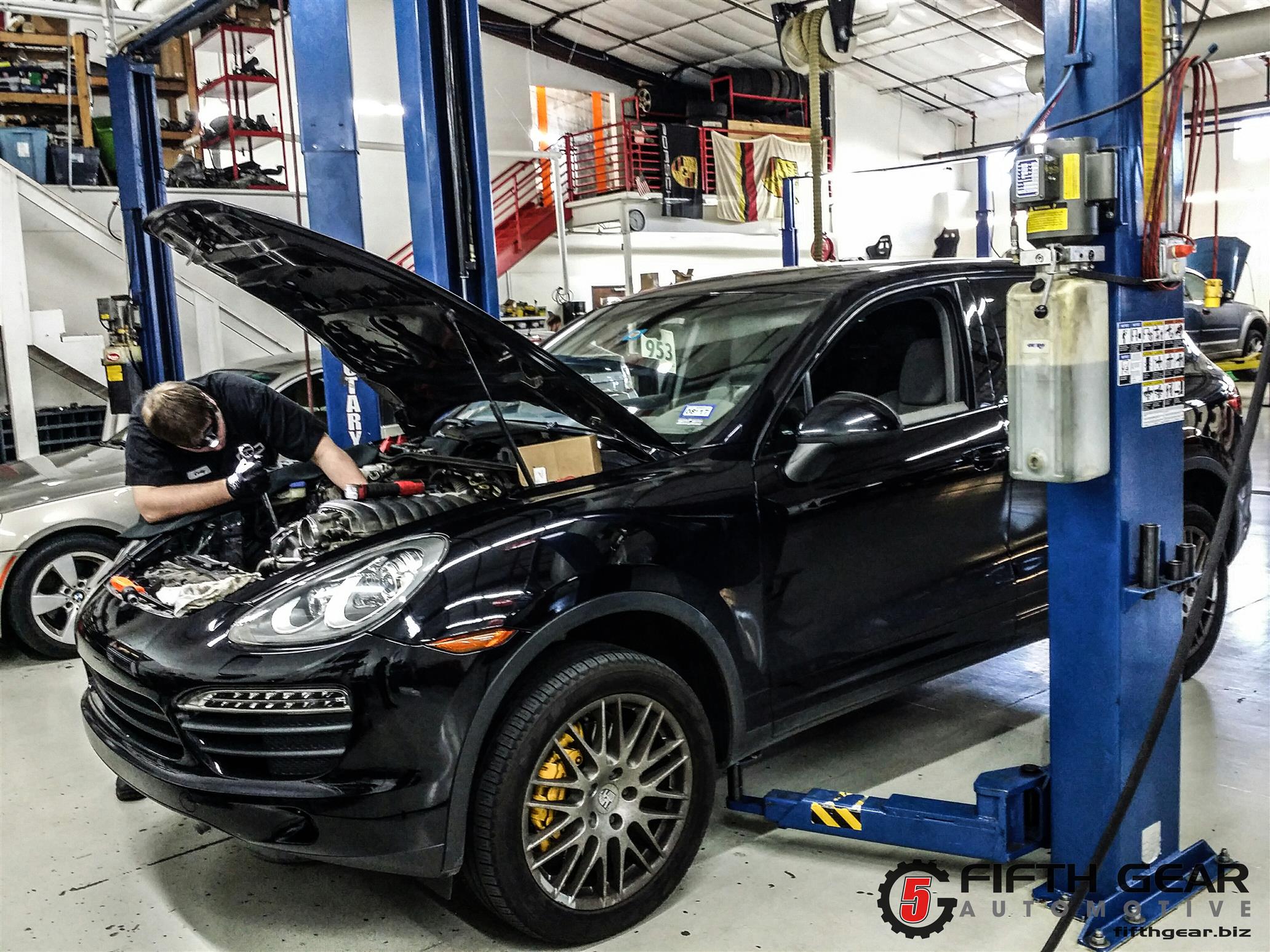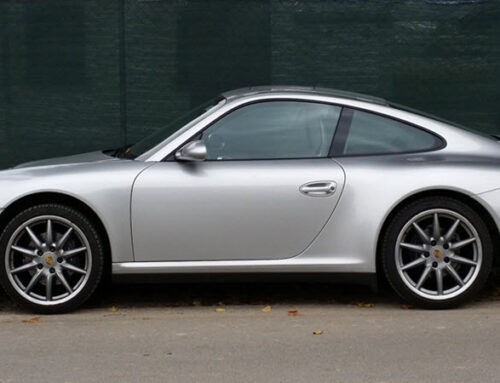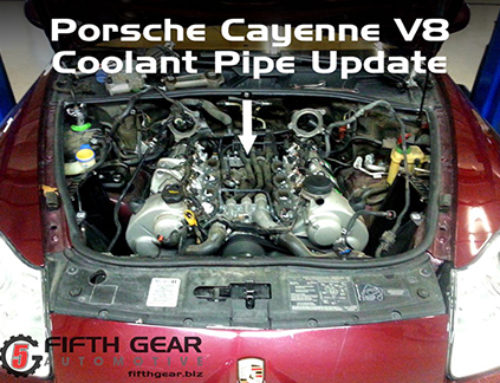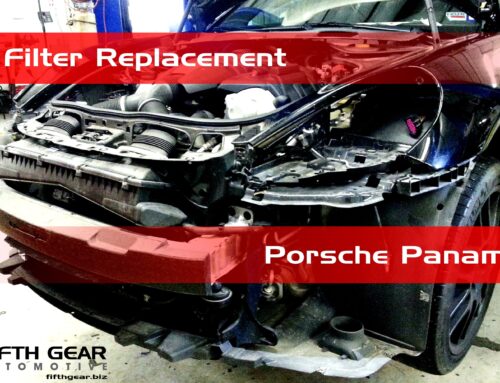Porsche Cayenne/Panamera – What to do about Broken or Sheared Camshaft Adjuster Bolts?
There have been many reports surfacing lately about the problem with the bolts in the camshaft adjusters found in Porsche Cayenne and Panamera V8 engines so it’s high time we got in the mix and showed you what’s been going on. If you own or are thinking about purchasing either a V8 Panamera or Cayenne manufactured between 2010 and 2012, you’re going to want to read this.
The problem lies in the aluminum bolts that secure the timing chain sprockets to the camshaft adjusters. These engines are equipped with what Porsche has called “Variocam” or “Variocam Plus” variable valve timing. Without going really deep into what exactly “variable valve timing” does or how the Variocam system works, it’s important to understand that any issue related to engine timing is a major one that can potentially have disastrous effects.
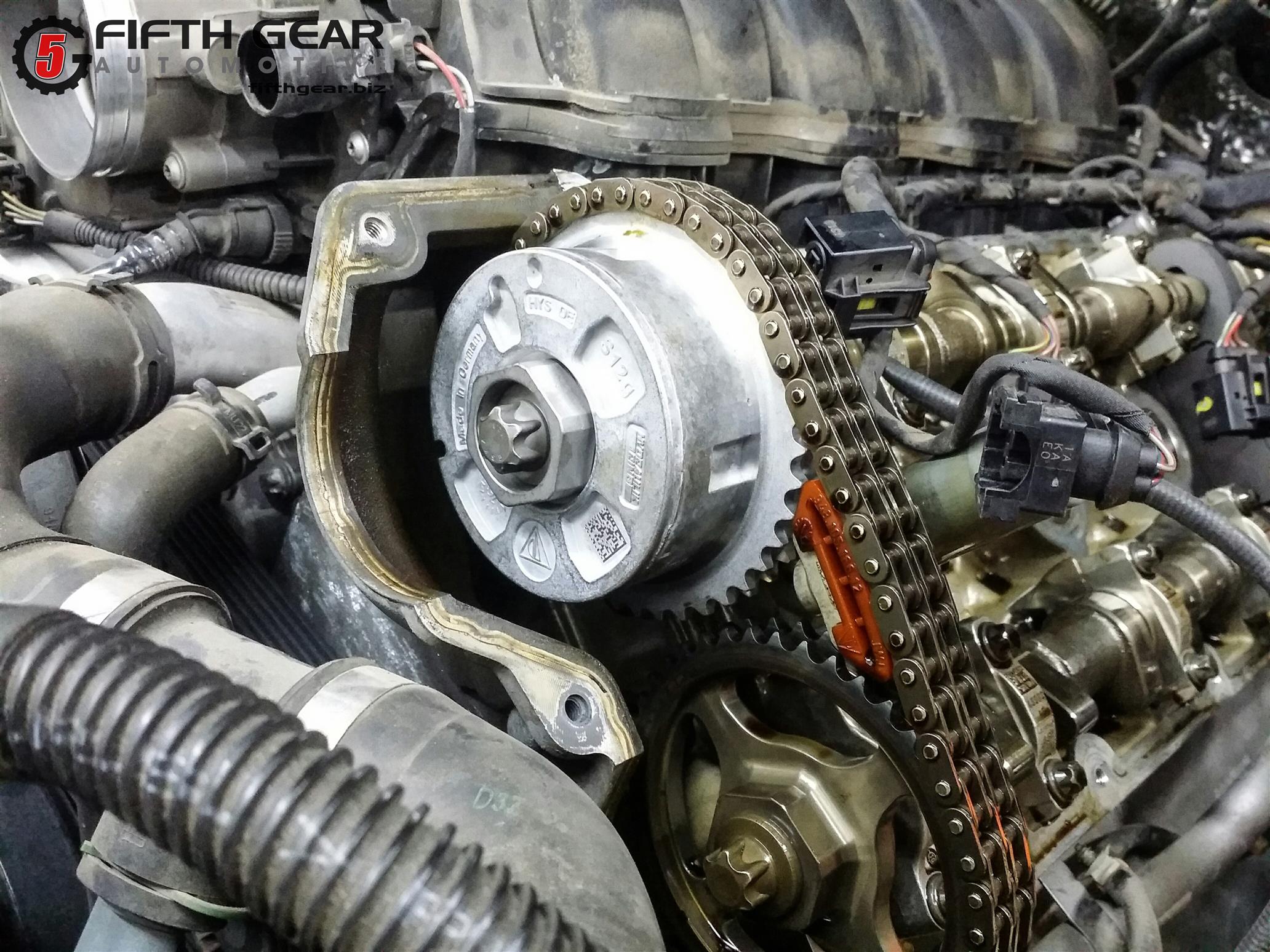
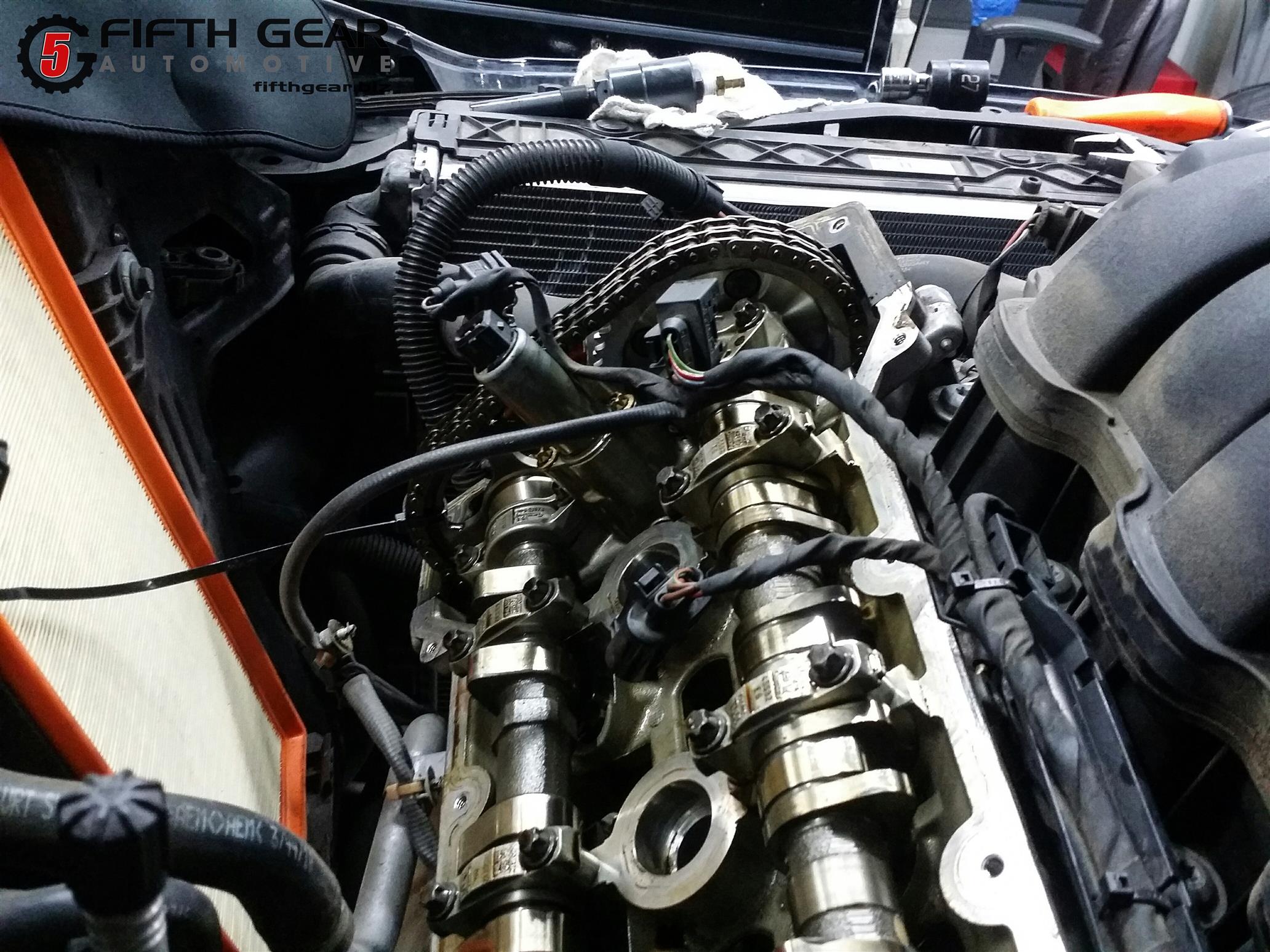
Pictured Right: Porsche Cayenne S bank 1 camshafts)
Such is the case with the cam adjuster bolts in the V8 Panamera and Cayenne. So what’s the issue? Well, these bolts have a tendency to break or shear off at the bolt head leaving the timing chain (which needs to be kept at a very specific tension) loose and unable to spin the camshaft or maintain proper engine timing, rendering the valve train and the entire engine susceptible to swift catastrophic damage and failure. Not good.
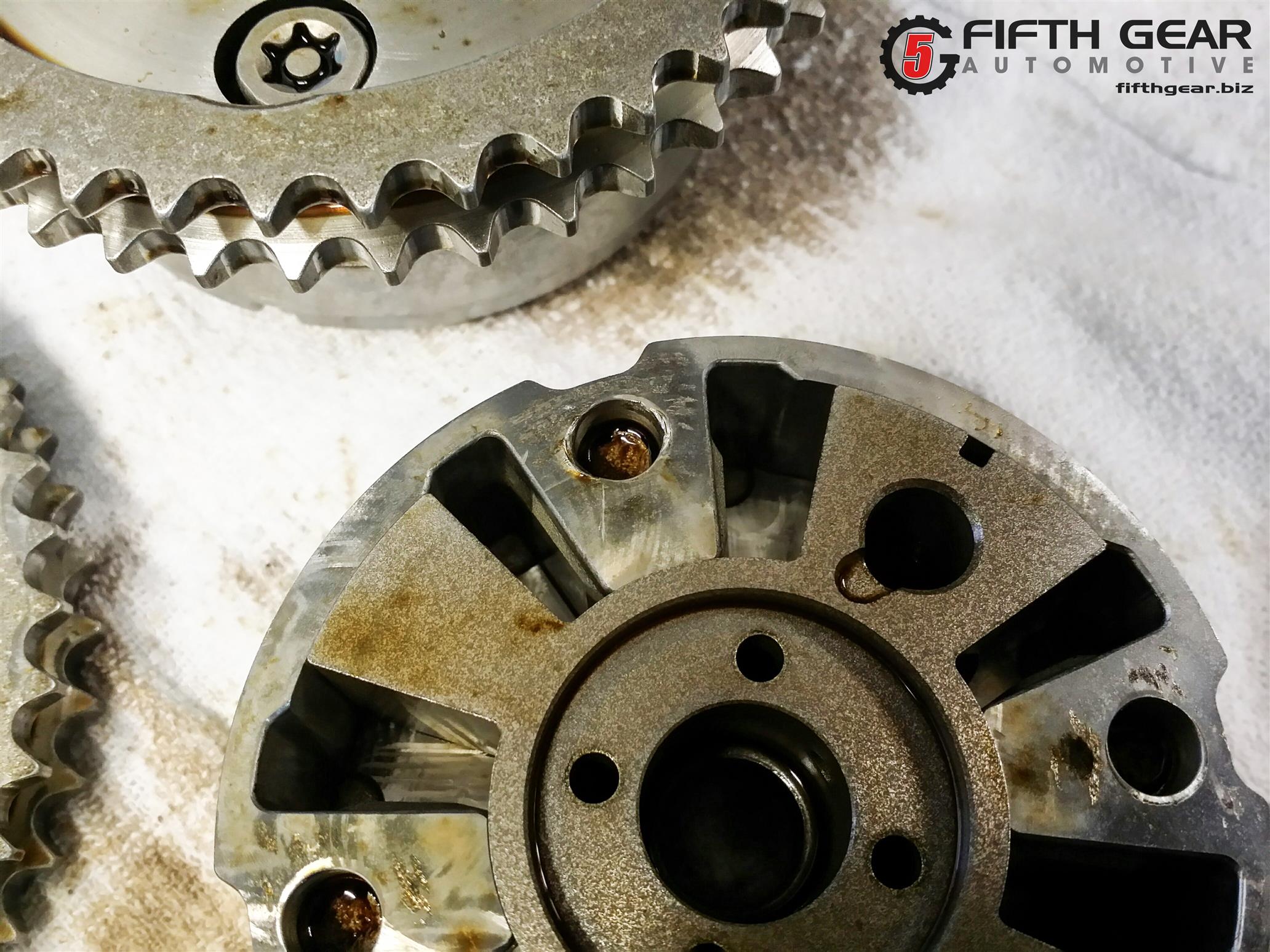
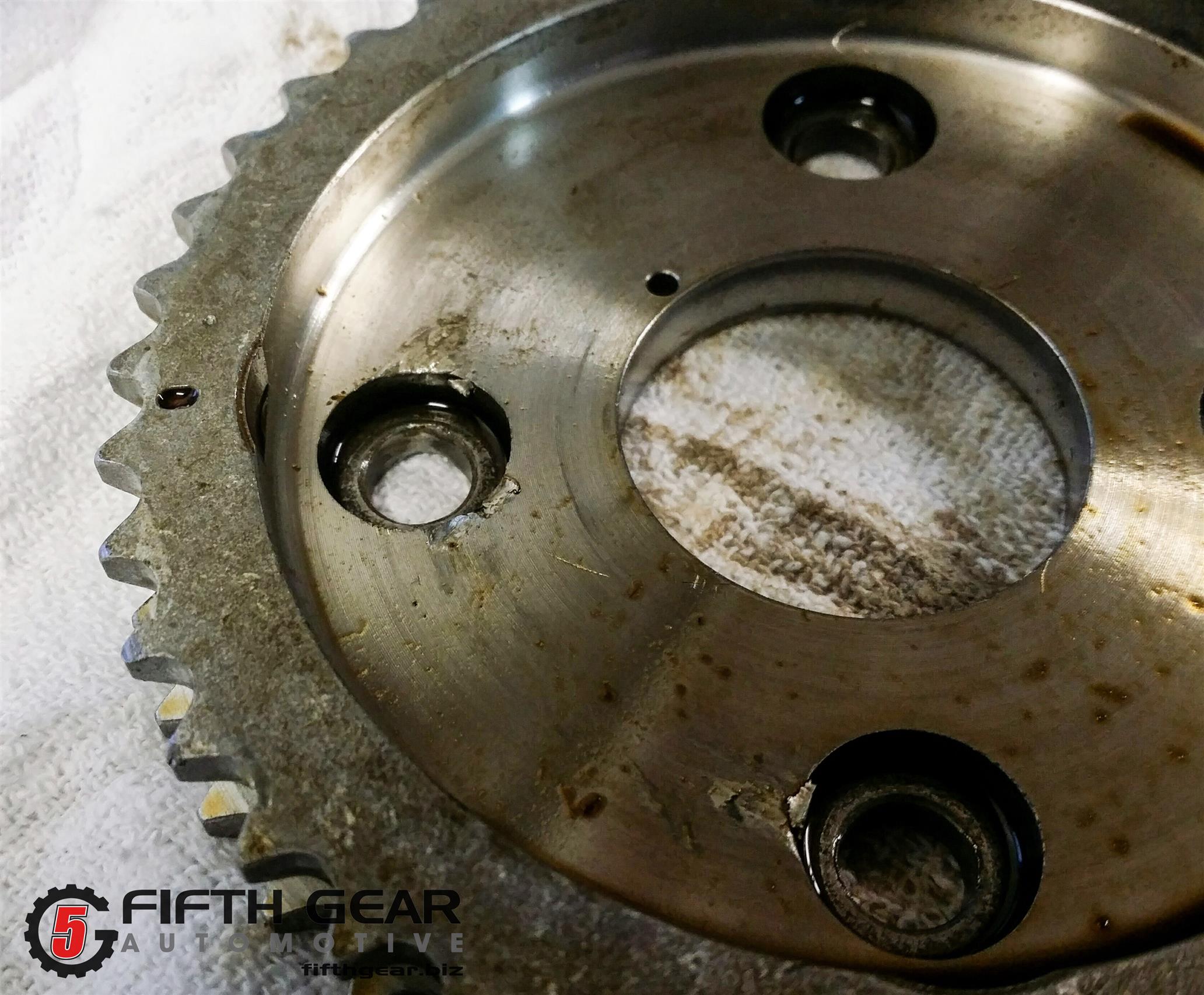
Pictured Right: Damaged adjuster sprocket from sheared bolts.)
To make a “not good” situation much worse, if the bolts snap while you’re driving you can expect a number other critical accessory functions to fail also. Several accessory and ancillary components are driven on the rear of the engine by the spinning camshafts; the driver side camshaft drives the high pressure fuel pump and the passenger side camshaft drives the vacuum pump which supplies vacuum to the brake booster. This means that depending on which side is affected, the power assist to the brakes may fail and/or the engine may cut out completely from lack of fuel pressure. In any case, there will be PSM failure, Start/Stop deactivation, ABS failure, and the Check Engine light will come on. We don’t need to elaborate on the possible outcomes of this happening while driving at speed. Beyond the obvious safety concern, the bolt heads that have broken off can get swept through the engine in the oil, possibly damaging valves, cylinders, and any number of other things on the way. If ALL of the broken bolt heads aren’t accounted for when repairs are underway, there is no other choice but to replace the entire engine, at considerable cost if the vehicle is no longer under warranty.
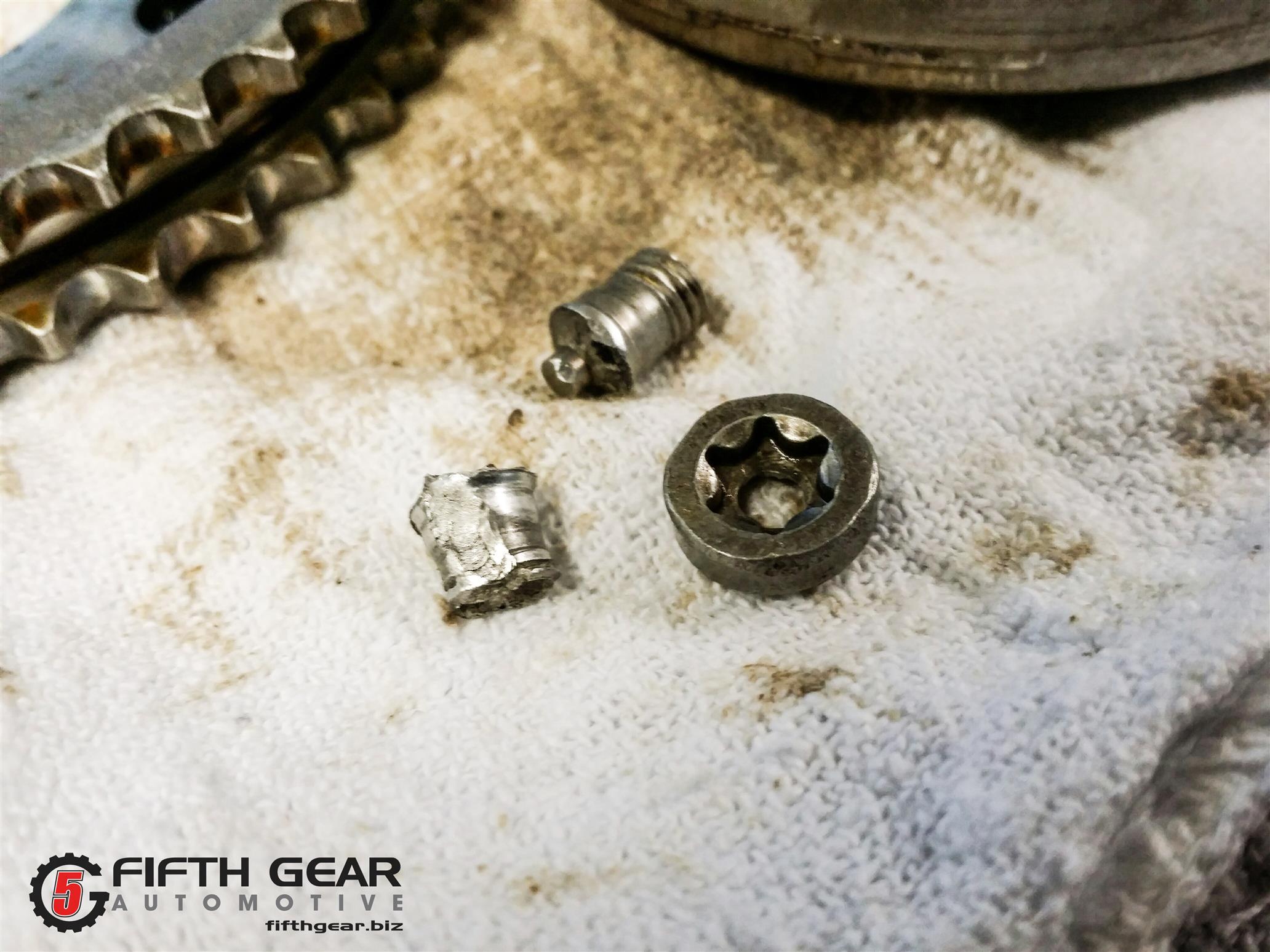
Because of the combination of the safety concern, high potential cost to repair, and high rate of failure we now believe that all affected Cayenne’s and Panamera’s should have the camshaft adjuster bolts replaced as a preventative measure. We’ve seen too many cases like the one pictured here to recommend taking the risk of continuing to run the vehicle with the original bolts in place.
If you own one of the following models equipped with the affected 4.8L V8 engines, give us a call today to discuss what we can do for you to prevent camshaft adjuster bolt failure or repair your vehicle if the bolt failure has already occurred.

